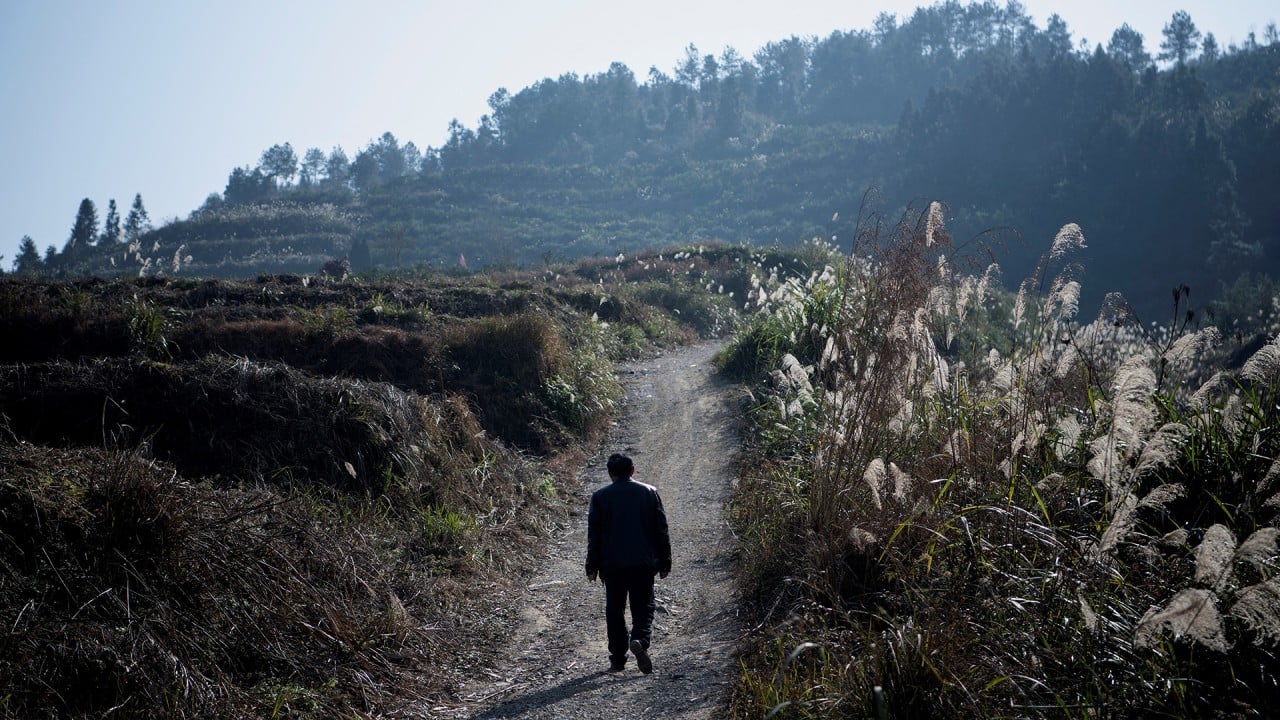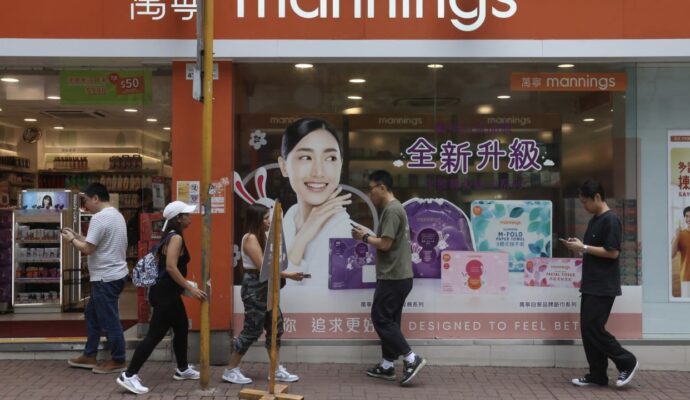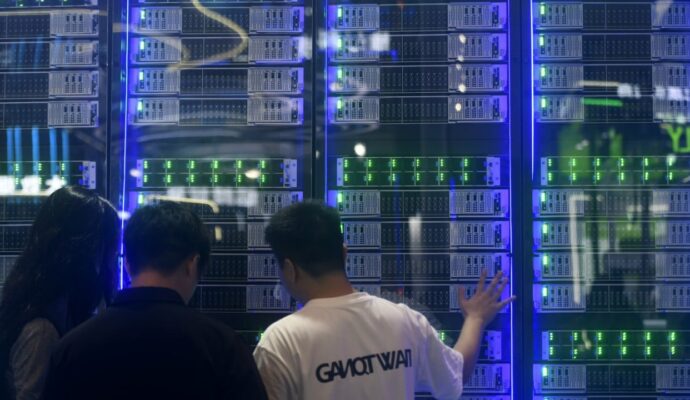China will “dynamically monitor” the living conditions of low-income groups while providing critical assistance for those living on or below the breadline, Beijing vowed on Tuesday as the economy’s stagnant post-Covid recovery continues to take a heavy toll on jobs and household earnings.
The order for a stronger social security net came amid concerns over whether the second-largest economy has bottomed out yet, especially as persistent property woes and geopolitical uncertainties continue to bite.
Government assistance should be “more precise, prompt, and effective” to safeguard people’s livelihoods, the State Council determined at a meeting chaired by Premier Li Qiang, according to Xinhua.
China’s cabinet also said that local governments across the country “must shoulder their responsibilities”, Xinhua added, specifically mentioning region-specific services such as food assistance for the elderly and poor, and an increase in policy support for China’s massive rural population.
China must reform now, with more money in the people’s hands, economist urges
China must reform now, with more money in the people’s hands, economist urges
“People’s income growth has slackened,” said Cai Zhibing, an associate professor of economics at the Central Party School, was quoted as saying by China News Service (CNS) while pointing to China’s pandemic-induced control measures and aggravating geopolitical tensions.
Per capita income growth was only 2.9 per cent in 2022, down from a moving average of almost 7 per cent between 2014 and 2019.
“Low-income groups face heightened risks due to low savings and low employability. More active monitoring and hierarchical, differential aid to them can help,” Cai reportedly said.
“We need institutionalised arrangements to ensure funding for social aid and its continued, incremental increase,” CNS quoted Cai as saying.
Li Shi, a Zhejiang University professor known for his research into income distribution, was quoted by the Economic Observer last week that, if more money could be put in the people’s hands, and if the government could put a floor under the income of the underprivileged, there would be a significant boost to consumption and thus the national economy.
“The government’s role in the redistribution process of GDP and income is crucial,” he reportedly said.
David Zweig, a professor emeritus at Hong Kong University of Science and Technology, also said that, with Beijing eager to get people spending, the focus should be placed squarely on their income.
“With China increasing its spending on other commitments like defence, such a low per capita income means Chinese citizens are really paying for these commitments,” Zweig said, adding that income growth and fairer distribution should be priorities.



